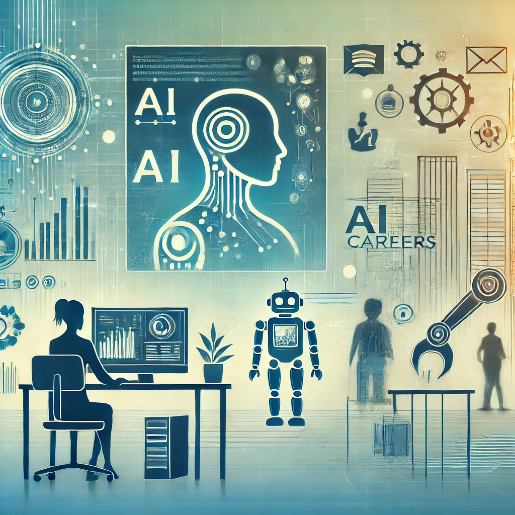A Guide for Those Looking to Transition from Traditional Jobs
If you’re considering leaving your conventional job to dive into the world of artificial intelligence, you’re not alone. Many people are drawn to the promise of innovation, creativity, and the potential for a rewarding career in AI. But where do you start, especially if you’re starting from scratch? Here are some key steps to help you make that transition.
Understand the Basics of AI
Before diving into AI, it’s crucial to understand what it is. AI encompasses a wide range of technologies, including machine learning, natural language processing, and robotics. Familiarize yourself with these concepts through online courses or resources. Websites like Coursera, edX, and Udacity offer beginner-friendly courses on AI and machine learning that can help you build a strong foundation. Many of these courses are free or low-cost, making them accessible to everyone.
Identify Your Interests and Skills
AI is a vast field with various applications, from healthcare to finance, marketing to robotics. Determine which area interests you the most and how your current skills might transfer. For example, if you have a background in data analysis, exploring machine learning might be a natural fit. If you have experience in writing or content creation, natural language processing could be appealing. Understanding where you fit can help you focus your learning and development efforts.
Network and Connect with the AI Community
Networking is essential in any field, but especially in a rapidly evolving area like AI. Join online communities, forums, and social media groups focused on AI, such as Reddit’s r/MachineLearning or LinkedIn groups dedicated to AI discussions. Attending meetups, conferences, or webinars can also help you connect with industry professionals and learn from their experiences.
Consider Formal Education or Certifications
If you’re serious about a career in AI, you might consider pursuing formal education. Many universities now offer degrees or certificates in artificial intelligence and related fields. Online platforms also provide certification programs that can boost your credibility. Earning a certificate from a recognized institution can help demonstrate your commitment and knowledge to potential employers.
Start Building Practical Experience
One of the best ways to learn AI is by doing. Start small by working on personal projects, participating in hackathons, or contributing to open-source projects. Websites like Kaggle offer competitions where you can practice your skills and gain valuable experience. Building a portfolio of your work can showcase your abilities to future employers.
Stay Updated on AI Trends and Technologies
The AI landscape is continually evolving, so staying updated on the latest trends, tools, and technologies is vital. Follow industry news through publications like TechCrunch, VentureBeat, and AI Magazine. Engaging with this content will keep you informed about emerging technologies and applications, which can be beneficial during job interviews or networking opportunities.
Prepare for the Job Market
As you gain knowledge and experience in AI, begin preparing for job opportunities. Tailor your resume to highlight relevant skills and projects, and practice articulating your experience in interviews. Many companies are looking for candidates with practical skills and a willingness to learn, even if you come from a non-technical background.
Transitioning from a traditional job to a career in AI can be challenging, but it’s also an exciting opportunity to embrace new technologies and explore innovative applications. With dedication, a willingness to learn, and an openness to networking, you can successfully navigate this path and build a rewarding career in artificial intelligence.
By following these steps, you can turn your aspirations into reality and join the ever-growing field of AI. Whether you’re interested in developing intelligent systems or utilizing AI in your current industry, there’s a place for you in this transformative space.
For more information on starting a career in AI, check out resources from platforms like Coursera and EdX, as well as industry insights from sources like TechCrunch and AI Magazine.
